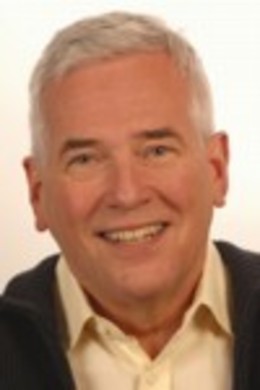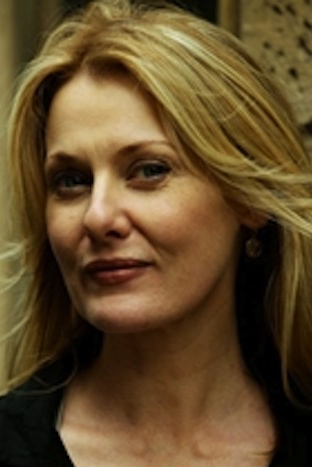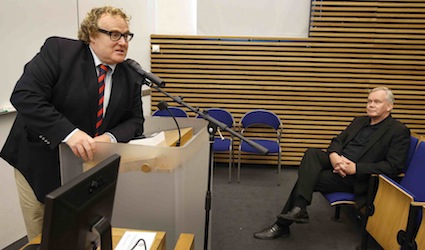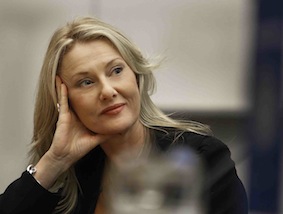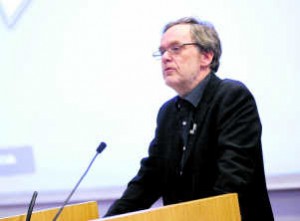The next RNH event is an international conference on “Fisheries: Sustainable and Profitable” Saturday 6 October 2012 at the University of Iceland. Keynote speakers include the fisheries specialists of FAO, OECD and the World Bank, and three Icelandic internationally renowned specialists on fisheries: Arni Mathiesen, FAO, Gunnar Haraldsson, OECD, and Michael Arbuckle, World Bank, and Professors Ragnar Arnason, Rognvaldur Hannesson and Thrainn Eggertsson. Brian Carney, editor of the Wall Street Journal Europe editorial page, will participate in the programme.
 The conference will take place at Askja, the Natural Science House of the University of Iceland, in Conference Room N-132, start at 13 and end at 17.35. There will be one coffee-break and a reception after the conference, until 18.30. More information about the participants is here.
The conference will take place at Askja, the Natural Science House of the University of Iceland, in Conference Room N-132, start at 13 and end at 17.35. There will be one coffee-break and a reception after the conference, until 18.30. More information about the participants is here.
The programme is as follows:
13.00–13.05 Opening remarks. Mrs. Rakel Ólsen.
Former Session: Theoretical Analysis
Chair: Mrs. Asta Moller, Institute of Public Policy and Politics
- 13.05–13.35 Dr. Thrainn Eggertsson. The Threat to Institutions: Icelandic ITQs
- 13.35–14.05 Dr. Ragnar Arnason. Fisheries Rent and Its Distributions
- 14.05–14.35 Dr. Rognvaldur Hannesson. Using Market Forces in Fisheries
- 14.35–14.50 Comments: Dr. Asgeir Jónsson og Dr. Birgir Thor Runolfsson
- 14.50–15.05 Discussion
- 15.05–15.20 Coffee Break
Later Session: Practical Issues
Chair: Dr. Stefania Oskarsdottir, Faculty of Politics
- 15.20–15.50 Mr. Arni Mathiesen. Quota Systems for Small Communities
- 15.50–16.20 Dr. Gunnar Haraldsson. Green Growth
- 16.20–16.50 Mr. Michael Arbuckle. Quota Systems in Developing Countries
- 16.50–17.05 Comments: Mr. Helgi A. Gretarsson og Mr. Michael De Alessi
- 17.05–17.20 Discussion
- 17.20–17.30 Summing Up: Mr. Brian Carney, The Wall Street Journal Europe
- 17.30–17.35 Concluding Remarks: Mrs. Gudrun Larusdottir
- 17.35–18.30 Reception
Admission is free and open to all. The conference forms a part of the project “Europe, Iceland and the Future of Capitalism”, organised jointly by RNH and AECR, the Alliance of European Conservatives and Reformists.


